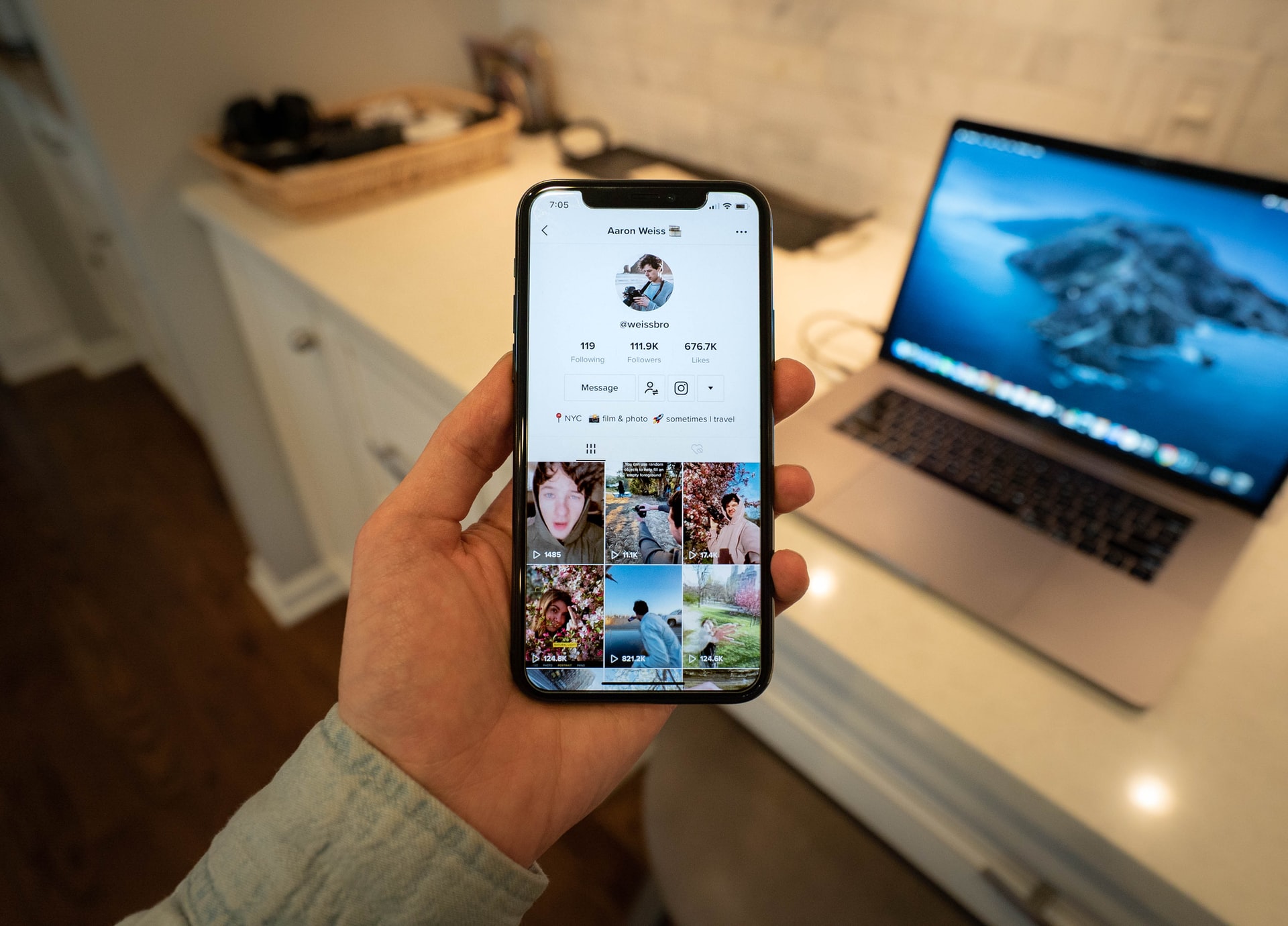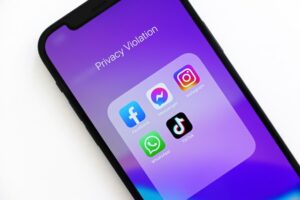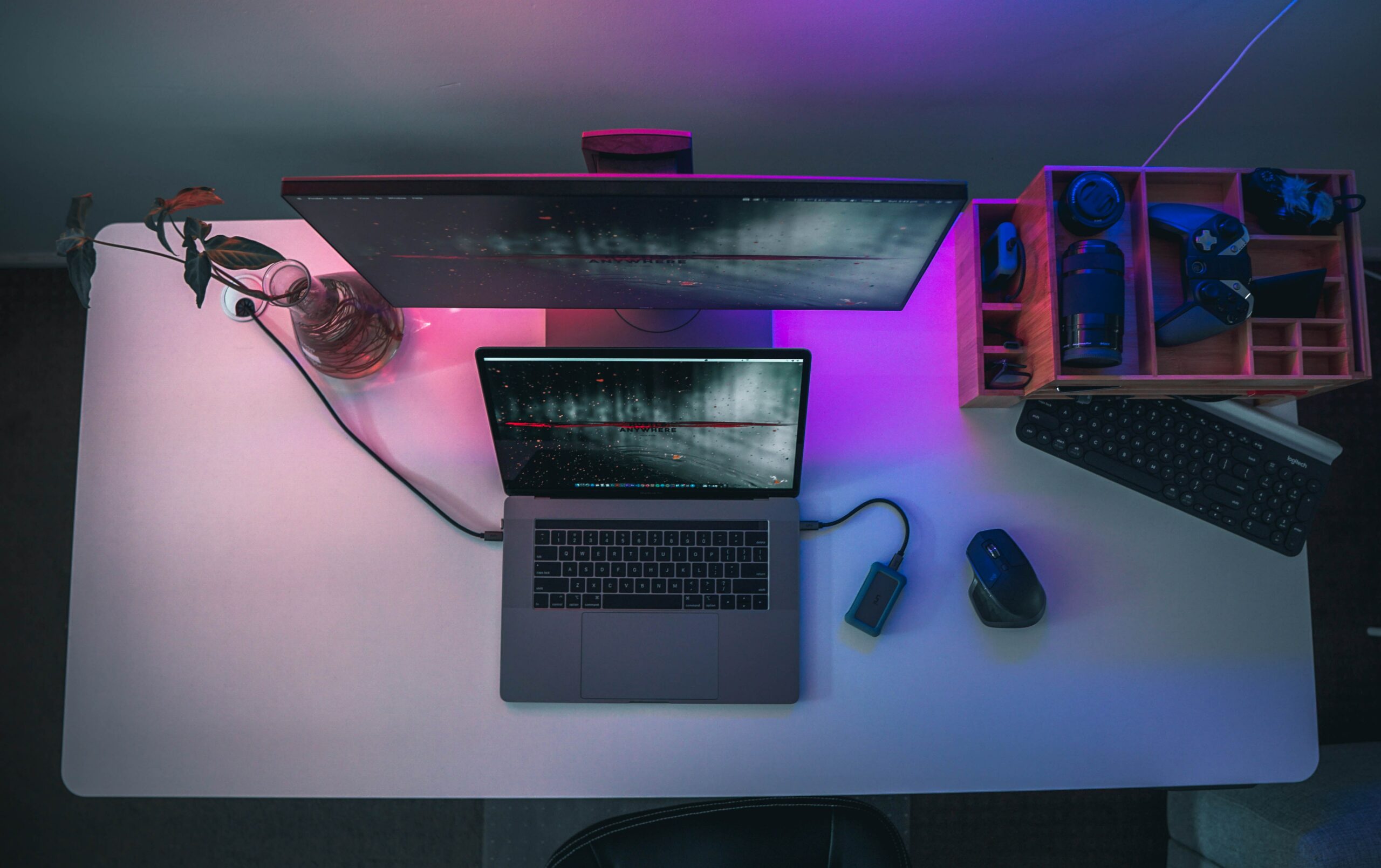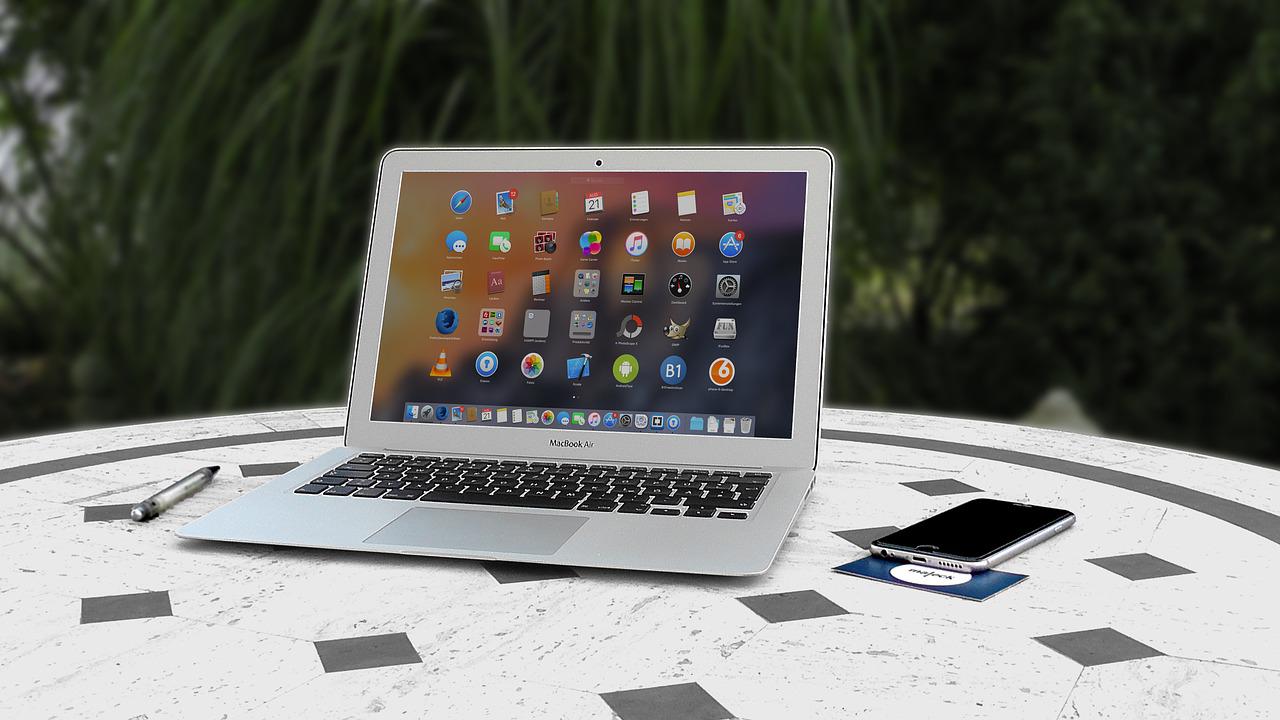
Mistakes you should avoid if you’re using social media
Ariel
- 0
If you’re reading this, chances are you’re on social media. Maybe it’s Facebook, or Twitter, or Instagram. Or maybe it’s all three! But no matter what platform you use to connect with friends and family, there are some things that can go wrong when using social media. You might think they don’t matter, but they do, especially if someone sees one of your posts and gets mad at you or feels hurt in some way.
Don’t post private information

You might think that it’s okay to share your address or phone number on social media, but it’s not.
A lot of people use social media to stalk their exes, harass others, and steal their personal information. If you want to keep your home address private, don’t post it anywhere. The same goes for phone numbers, don’t give out yours or anyone else’s in a public post unless you know them well enough that they won’t misuse the information.
Don’t post sensitive information about people you know either, it can be used against them by an abusive partner (or anyone else), and dangerous situations could arise if the attacker knows where they live or work. Keep in mind that if someone has access to your Facebook profile then they also have access to all of the photos in which you’ve tagged yourself.
Never ever troll other people online
Don’t troll. You know what trolling is, right? It’s when you post something that is meant to upset or anger people. And while it may not seem like a big deal, trolling can do far more harm than good. In fact, a study in 2015 found that trolling has been linked with depression and suicidal thoughts in young adults.
Trolling isn’t constructive, it’s just mean and doesn’t add anything positive to the conversation you’re having with someone else online. Don’t be a troll!
Be careful with photos

I think everybody knows that you should be extra careful when posting pictures online, because once it is it can never be removed. You should inspect your surroundings carefully and make sure nothing in the picture can be compromising in the near of far future.
Also, some people think that it’s okay to post photos of others without their permission because the pictures are “public domain.” However, this is not true in most cases because most websites have terms and conditions that limit your use of other people’s images as well as information about them.
Here are a few more tips:
Always use an alias on social media sites. This means never posting personal information, like your real name or address, in public places on the internet, even if you think no one will see it!
Never respond if someone sends you a mean message online unless they threaten violence or give specific details about their plans for violence (like saying they’re going to be at school tomorrow).


